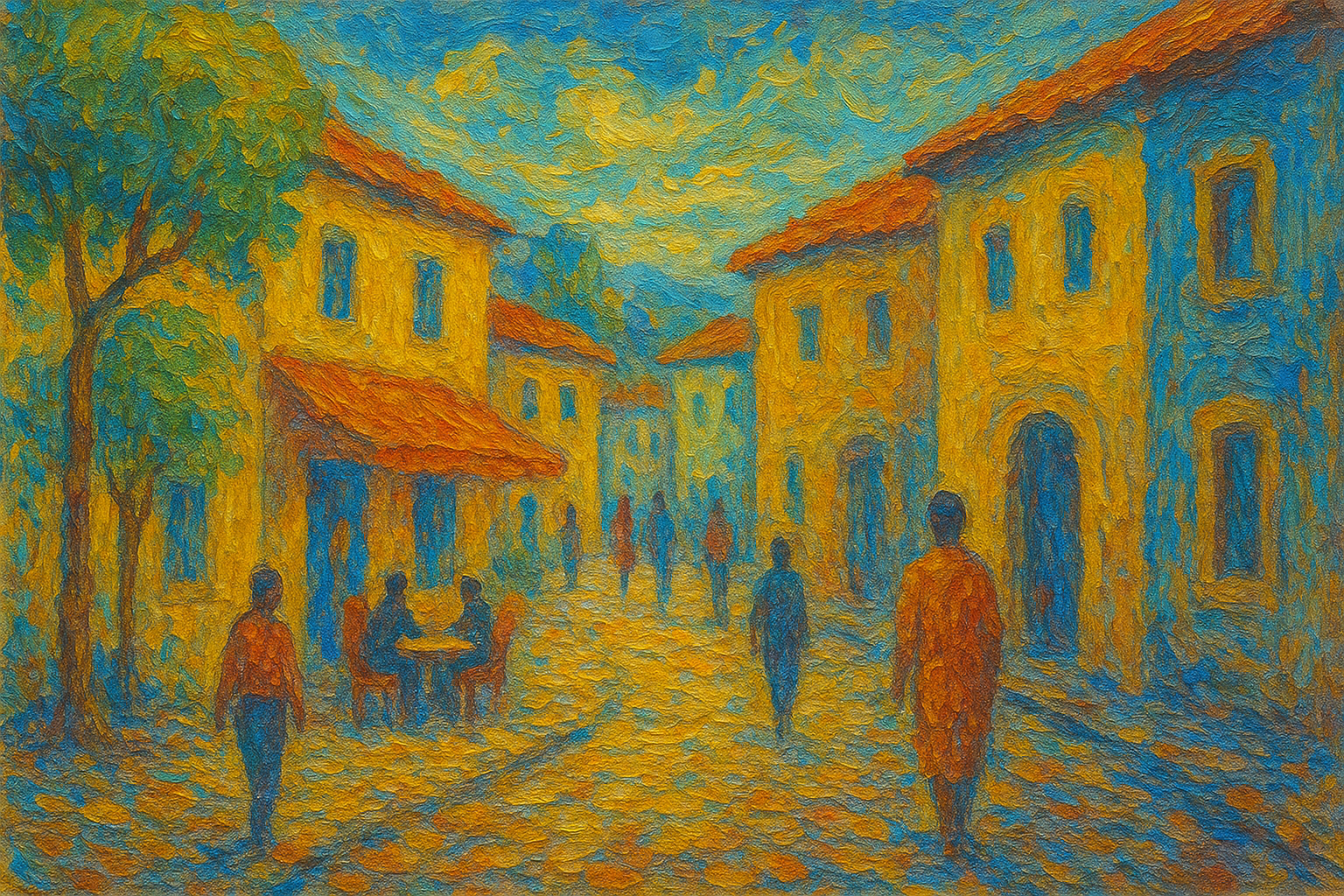Will AI Replace Artists?

It’s a question that would’ve been purely theoretical not too long ago. In the last few years, generative AI like ChatGPT has gotten good quickly.
Beyond basic editing or wording suggestions, it is now skilled enough to produce convincing artwork. Whether that be images, songs, or even videos, AI is able to synthesize things that seem as good, or even better than some human-crafted art.
If AI can do all that, it begs the question: What is the job of the artist?
Is there any value in creating art when it can do a seemingly better job of synthesizing the masses of content available?
I’ll explore these questions through a story.
For Christmas one year, my parents gifted me tickets to see the national tour of Hamilton coming through our area. I first discovered the musical’s soundtrack in ninth grade and was hooked for years. It may be the only full album I have ever bought.
Leading up to the show, I was expecting the actors to be good, but not as good as the original cast I grew up listening to. That would be hard to replicate, especially live and on tour. Mostly, that turned out to be the case, but there was one exception: the lead actor playing Alexander Hamilton had one of the best voices I’ve heard sing live.
Measuring pure vocal talent—range, vibrato, and pure smoothness—I hesitate to say this, but he was probably a more naturally gifted performer than Lin-Manuel Miranda, the creator of the show and the original Alexander Hamilton.
No doubt, Miranda has a very good voice, but an arguably less polished one. In his own words, “I wish I had a BMW of a voice. I have an Chevy with mileage and it squeaks and rattles, but I swear I'm gonna get us where we need to go.”
On a conservatory’s rubric, Miranda would likely score decently, but not the best, based on his performance skills alone.
The interesting thing is, despite the touring actor’s skill, I had never heard his name before that night. I don’t remember it now. Certainly, he was incredibly talented and enjoyable to watch, but he isn’t selling out shows on Broadway.
Why is it that Lin-Manuel Miranda is nearly a household name, but I have never heard of this actor?
Why is it that people would pay thousands of dollars to go to New York City to watch Miranda when an on-paper better performer would come on tour right in their city?
Why, even after hearing the “BMW” kind of voice, would I still prefer to listen to Miranda’s “Chevy with mileage?”
The answer, I think, has to do less with the creation itself and more with the creator. It has less to with how technically good the art is and more to do with the artist having something worthwhile to say.
When the artist has something to say that we need to hear, it doesn't matter if a better trained performer or AI can say it better. We want to hear it from them. We want to see the world through their eyes.
We don’t fall in love with a musical or a novel or a song because it fits the textbook formula of what any of those things should look like. It impacts us because the artist had a story to tell—a story only they can tell.
People are not flocking to theaters because they want perfection. Critics maybe, but not the rest of us. We don’t seek art looking for a flawless experience.
We look to art because it reminds us of the humanity inside us we may have forgotten in the hustle and bustle of ‘real life.’ It points us to truths that can get muddled in our everyday routine.
The literally picture-perfect art AI can generate has its valid uses, but it is different from the ‘soul art’ that recenters us.
We need the messenger as much as we need their message. We need the artist as much as we need her art. We need the teacher as much as we need his teachings.
The art that moves us and changes us from the inside out has as much to do with the artist as it does the painting, song, or poem.
We need Miranda as much as we need Hamilton. We need van Gogh as much as we need The Starry Night. We need Jesus as much as we need the gospel.
